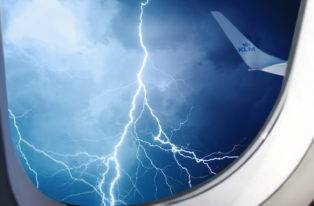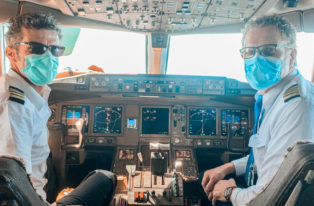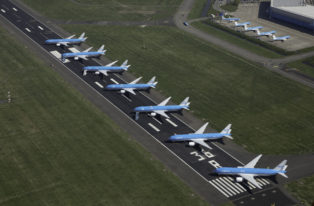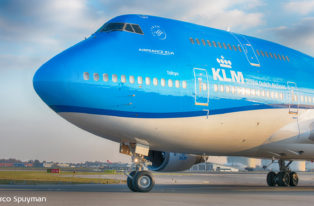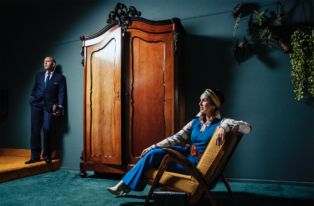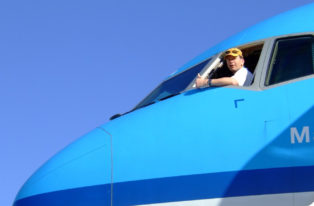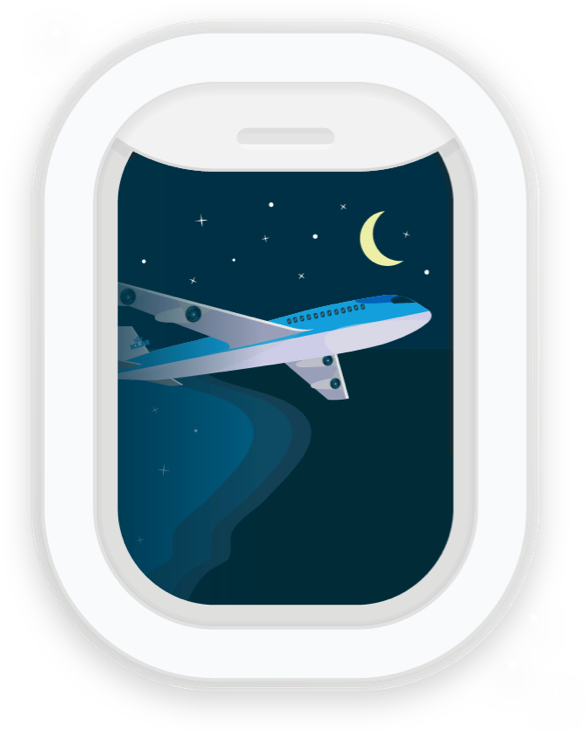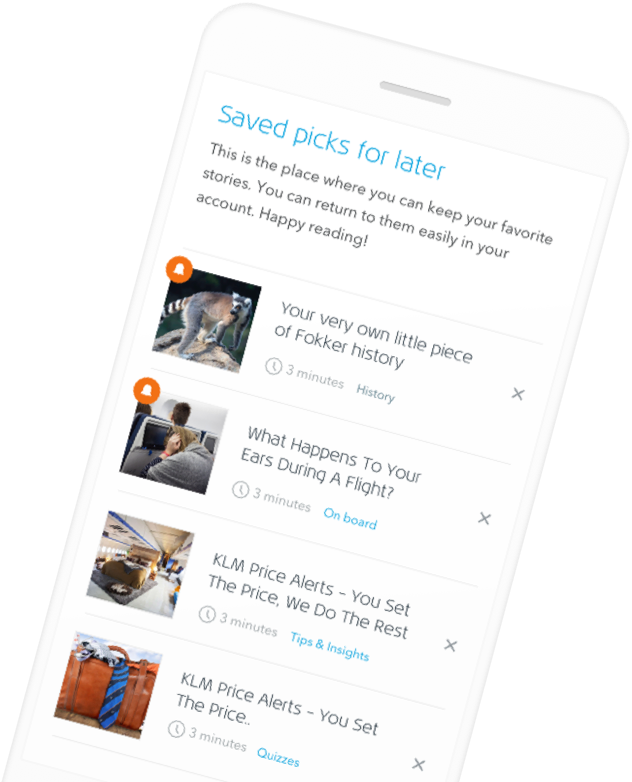Doctor2Doctor turns words into actions
In 2010, we enabled the first contact between the nephrologists (doctors specialising in kidney ailments) of the VU Medical Centre and those of the Moi Teaching and Referral Hospital (MTRH) in Eldoret, Kenya. There has now been cooperation between the two hospitals for about 5 years as the Doctor2Doctor project. Together with KLM and KLM Health Services, we want to improve healthcare in developing countries. Doctors and nurses from a developing country are trained by their colleagues from the VU Medical Centre in the Netherlands to enable them to raise the level of healthcare in their own country. It could be called the ultimate form of sustainable development aid. The first time I visited the hospital in Kenya, I was impressed by the involvement and motivation of the doctors and nurses. They work hard for their patients with what, by our standards, are limited resources.
 The hospital has a catchment area of some 16 million people. When I first heard this, I realised that for the Netherlands this would mean one teaching hospital for the entire country. Quite unbelievable! This immediately shows the vast number of patients who depend on the MTRH. By African standards, this hospital has a well-equipped dialysis department with 6 dialysis machines.
The hospital has a catchment area of some 16 million people. When I first heard this, I realised that for the Netherlands this would mean one teaching hospital for the entire country. Quite unbelievable! This immediately shows the vast number of patients who depend on the MTRH. By African standards, this hospital has a well-equipped dialysis department with 6 dialysis machines.
However, the number of kidney patients is many times greater and there is no money for more machines. For this reason, professor of nephrology Piet ter Wee decided to lend the department in Eldoret a helping hand. And after a couple of telephone calls, he managed to obtain 9 dialysis machines from a major supplier in Germany.This gift would enable 192 more dialysis treatments a week – an enormous increase in capacity and a major improvement in the quality of life for a large group of younger and older patients! Because of the dialysis, they would feel much better. Children would be able to return to school and adults to work.
But that’s when it started to get really exciting. How do you get 9 dialysis machines, each weighing 100 kilos, to Kenya at as little cost as possible and without having to pay customs duty? To be honest, I was rather pessimistic about that. But thanks to the intervention of KLM Health Services, it seems that it’s really going to happen. The machines were flown from Schiphol to Nairobi and will be then taken to Eldoret by truck as soon as this is possible. This is a journey of about 300 kilometres that takes some 8 hours. Roads in Kenya are often of poor quality; journeys take much longer and a puncture on the way is more the rule than the exception.
To ensure that the dialysis machines are used and maintained correctly, two nurses have now completed a training course at the VU Medical Centre and 2 technicians in Germany. They have also worked side by side with Dutch and German colleagues for 3 weeks and they really could not believe their eyes! But they have also shown us something – the conditions at the hospital where they work and the places where they live. Of course, this is an entirely different situation to that in the west but the devotion with which they do their work is no different. Both in the Netherlands and in Kenya, doctors and nurses want the best for their patients. During their time in the Netherlands and Germany, they have learned all the ins and outs of the machines. This will enable the machines to be put to use as soon as they arrive in the hospital in Eldoret.
Judith
Communicatieadviseur VUmc

